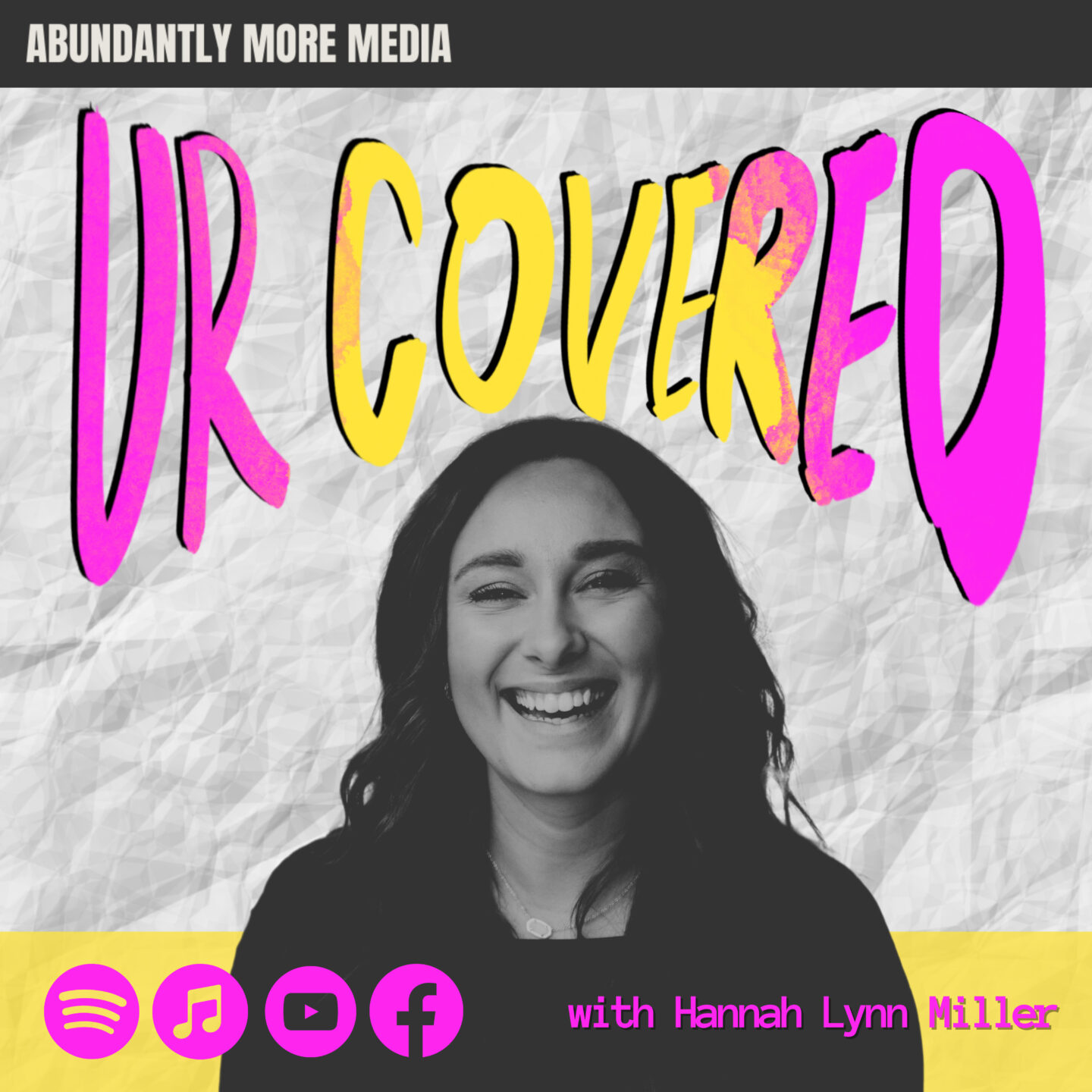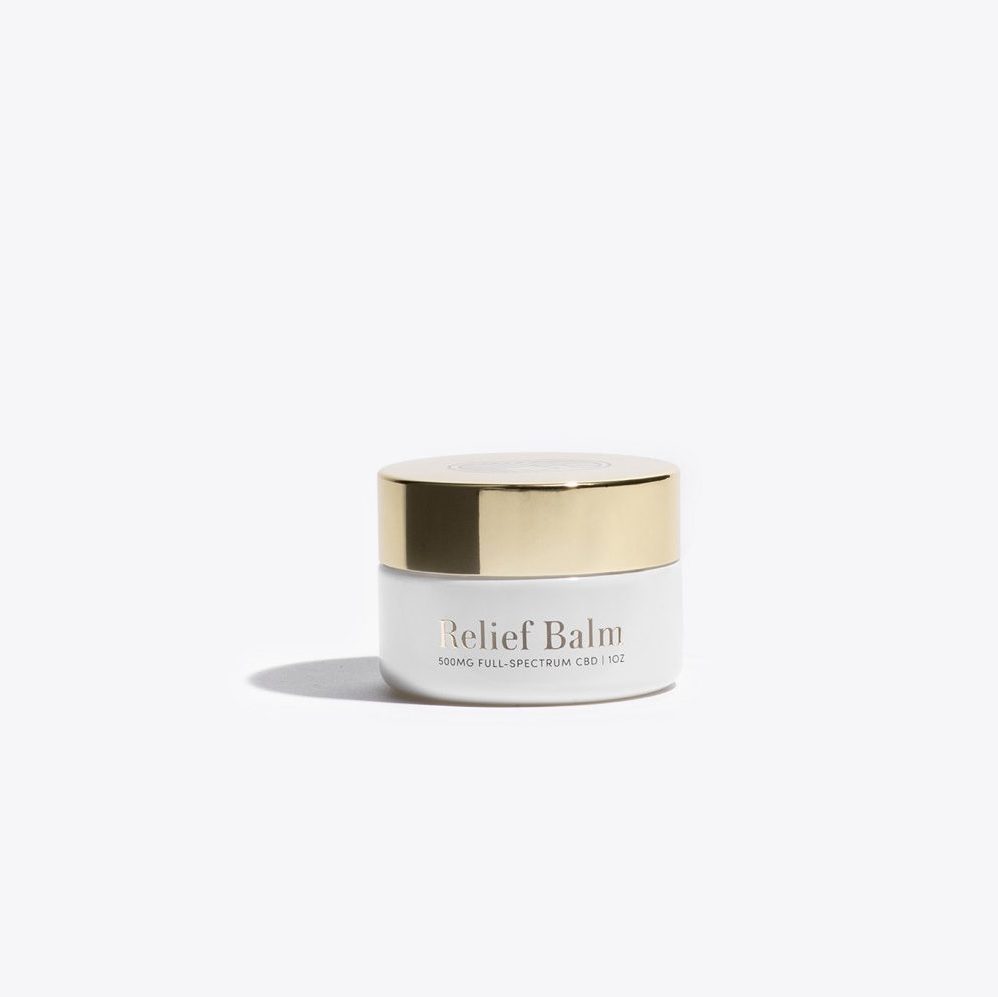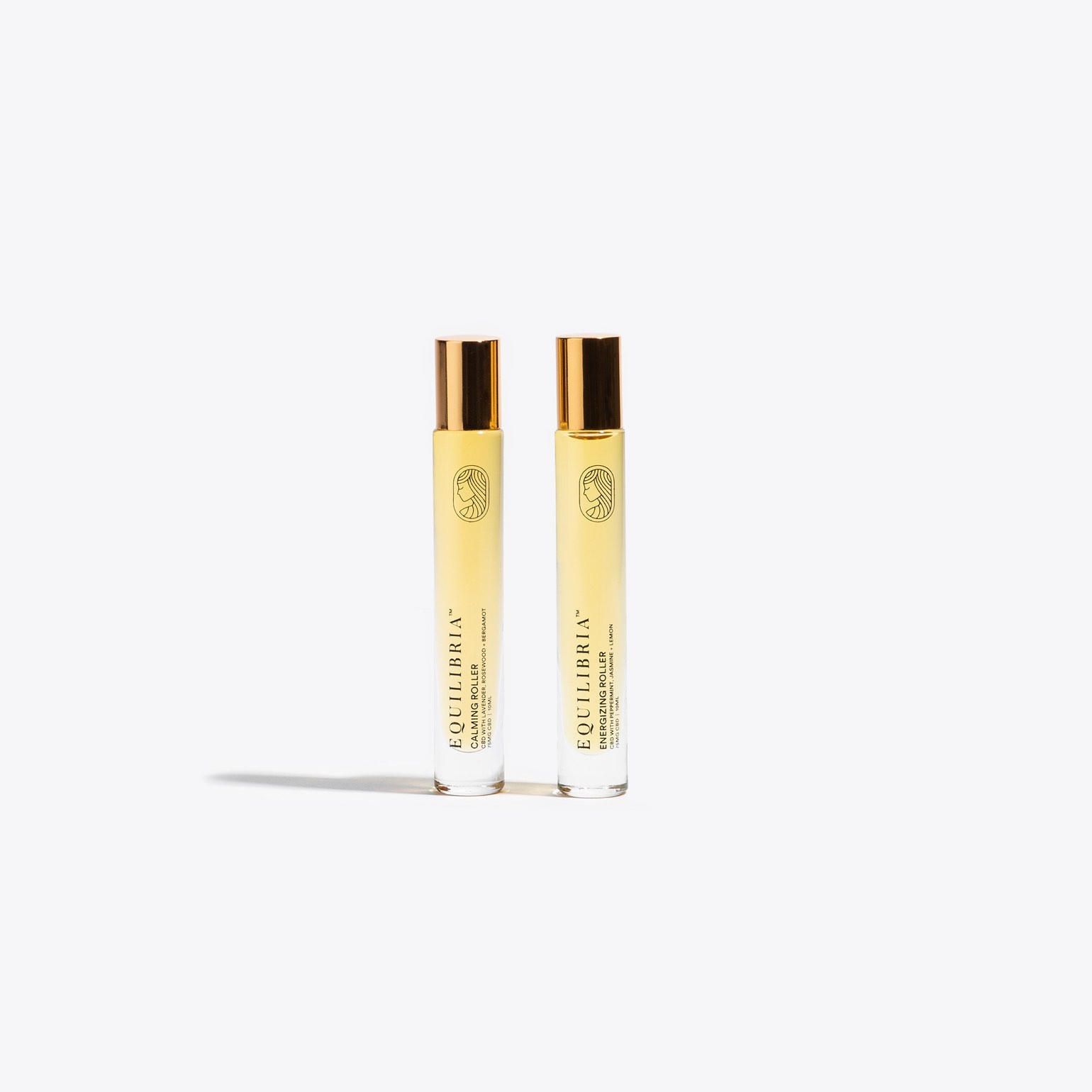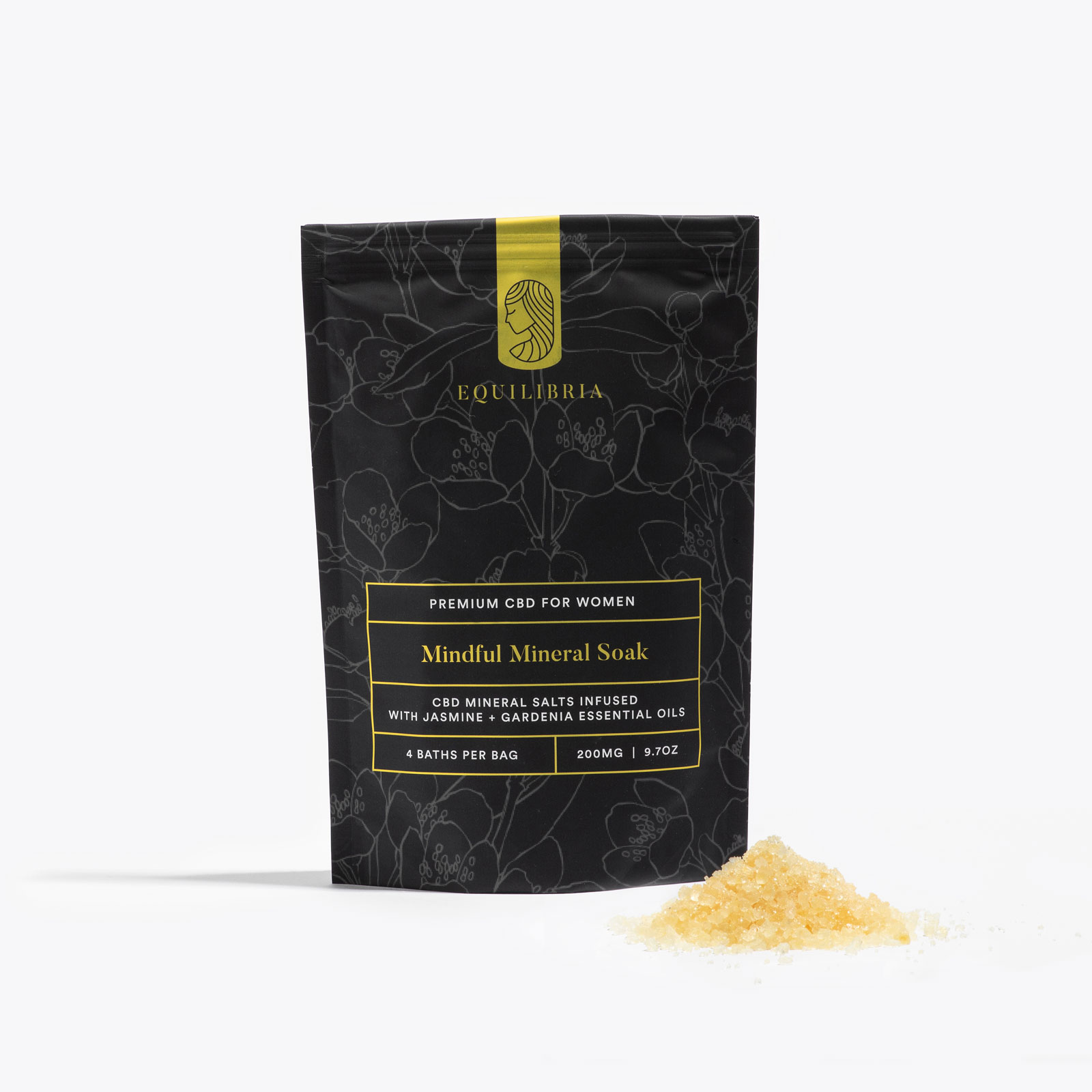

Are you curious about self-care?
Hi friend, thank you so much for taking the time to watch or listen. Welcome to the first episode of the UR Covered podcast. I have been learning so much about self-care recently since I had around four months of working from home. It was a short season of rest before I jump into the last year of my masters in mental health counseling. I decided to share how I find self-care to be Biblical, how fashion can be a mental health tool for self-care, and how self-care is beneficial for your mental health. That’s all in today’s episode. Enjoy!
ANNOUNCEMENT! Before reading any further, can you make sure you are subscribed on iTunes, youtube, and on Spotify? Also, leave a review and let me know what you think! This way we can start building a community around theology, therapy, and fashion <3. I hope you join us! So take the time to like, subscribe and write a review. Thanks ahead of time!
Get ready in the mornings, turn it on in your car during your commute, and listen while you are on your run… The UR Covered podcast is here for you. This is a time to hang out, and talk about fashion, your mental health, and Jesus. Your host is Hannah Lynn Miller. She will encourage you to turn your narrative into knowing who you are, and understanding where your value comes from and what you believe. We will be exploring the connections between fashion, theology, and therapy. So basically we will cover all the things — most importantly that your identity is covered in what Jesus did on the cross for you.
So don’t miss out on anything.
Follow Hannah Lynn Miller
Website: www.hannahlynnmiller.com
IG: www.instagram.com/hannah.lynn.miller
TikTok: www.tiktok.com/hannahlynnmiller
Facebook: www.facebook.com/hannahlynnmillerblogger
Subscribe to the Inside Out Newsletter
Follow the UR CoveredPodcast
IG: www.instagram.com/URCoveredpodcast
Facebook: www.facebook.com/URCovered
Disclaimer: The links on this page may be affiliate links which means when you click on the link and purchase a small percentage of the proceeds go to the UR Covered podcast. So you are supporting the podcast along with finding a great product that I know you’ll love.
Hannah is not a licensed therapist so the advice on this podcast is not from a professional. Hannah is a student of Clinical Mental Health Counseling and am being supervised this year in an internship, but have not received my masters.
UR Covered Podcast is a production of Abundantly More Media
Self-care as a Christian…
Let’s talk about self care… I’ve found that Christians who react to this word react two ways. 1) they think that self care is selfish and self-centered. 2) they think this is limited to doing your makeup or buying a new bathrobe.
But let’s see what we can look at from a biblical perspective. The Bible says: do nothing out of selfish ambition or vain conceit.
“Do nothing out of selfish ambition or vain conceit. Rather, in humility value others above yourselves, not looking to your own interests but each of you to the interests of the others.” – Philippians 2:3-4
And then Paul goes into detail about what Christ did for us.
“Who though he was in the form of God, did not count equality with God a thing to be grasped, but emptied himself, by taking the form of a servant, being born in the likeness of men…”
So Paul is telling his followers to be like Jesus.
When Jesus was on this earth he was giving his whole life to us even before he went to the cross to die. He was constantly having to respond to people who didn’t understand His message or purpose. He had to continue to answer to the Pharisees who were questioning him. He was casting out demons. He was teaching his disciples who also didn’t understand him.
He was always giving. And Christian, that is what we are called too,
HOWEVER,
Jesus took time to eat (Matthew 26:17). He took the time to nap (Matthew 8:23-27). He took the time for solitude Luke 5:16 “Describes this as his custom.” He took the time to pray (Matthew 14:23).
He took care of himself physically and spiritually.
This is also a reason why I think self-care and soul-care are different, but that’s another topic for another time.
Self care is knowing how to take care of yourself.
Sometimes we have to relearn how to take care of ourselves. We learn how to take care of ourselves based on how we were parented — how adults in our lives treated us and themselves.
The Beginning of Fashion Psychology and Self-care
There are many reasons why fashion is a form of self-care. We live in a broken world. From the very beginning, God gave Adam and Eve clothing as protection. And to this day, clothing is a protection, a form of expressing ourselves without letting everyone know what is going on inside. Clothing is an emotional boundary in a way.
I like to say it is a preview you give to the world about yourself.
I have a habit of dressing up more when I feel stressed out.
I look forward to a new makeup technique when I feel overwhelmed. There’s so much to be said about how emotions, how we are created, and what we wear go together. I am not just making this up, there’s Fashion Psychology behind this self-care method. Here’s an interesting fact about fashion psychology that you may not have known. It’s been around for a long time.
Fashion Psychology started in 1869 when William James started to write about the soul and identity. Although this was the time when psychologists were wanting to move away from the theological origins of the soul, and move towards a more evolutionalist thought on the soul and the mind, James talked about how what one wears shows a person’s individuality that sets us apart from animals. He was the first American psychologist to talk about Fashion of Psychology in his lectures and in his writings. He was a Harvard University lecturer after graduating from medical school in 1869. He wrote something called, “The Principles of Psychology” in 1890. In an article by the US National Library of Medicine, National Institutes of Health (NCBI), titled “THE SARTORIAL SELF: William James’s Philosophy of Dress” Yale professor Cecelia Watson, Ph.d., says; “William James placed great importance on clothing, and this emphasis on apparel is reflected in his writings on psychology, in his letters, and in his own style of dress.” She continues, “James’s interest in the self-expressive aspects of clothing was reflected in his attire, his descriptions of colleagues’ clothing, his account book, and his chairmanship of Harvard’s Committee on Academic Dress.”
Ways to Use Fashion as Self-Care
- Use fashion as a way to have fun in the morning.
When you have depression small tasks feel overwhelming. The more you can enjoy something like getting dressed in the morning the better. Doing one or two small tasks will set you up for the day and help you feel accomplished and ready for the other things you will face in your day. James talks about habits in his writings when he mentions fashion. He says that habits are the backbone of a person’s life. Create a fun, creative habit when you get dressed and let it be the start of your day.
- Learn something new about a makeup technique or a fashion trend.
Fashion is always changing. As humans, we should be changing and evolving too. Did you know that if you are experiencing depression type symptoms or you have been diagnosed with depression and anxiety, learning a new skill can help you on those low days? Teach yourself something new and creative when it comes to getting ready and you will be doing two things at once: getting ready for the day and teaching yourself a new skill.
- Express your unique self with fashion.
You are created uniquely and we should celebrate that. Fashion trends are fun, but there’s something about finding a print, item of jewelry, or something that just screams you. Finding clothes that are uniquely you will help your confidence, give you a boost of self-esteem, and minimize anxiety.
Getting dressed in the morning is a ritual we all do. It’s a habit that we participate in. “Habits, according to James, are a series of ‘muscular contractions’ which, when the command ‘start’ is issued by the mind, cue one another in proper order, like dominoes falling each in turn” (Watson, 2004). And getting dressed in the morning is one of these habits that we all do to start our day. Why not have some fun with it? Take it from James. He was known to be dressed casually for that day, but instead of fitting into a culture where individuality in fashion was frowned upon and thought prideful, James wore polka dotted ties during his lectures which was not popular during his time. “Self-remembrance and self-awareness—not ‘self-forget- fulness’—were at the heart of his style” (Watson 2004). Take away those two lessons from our first fashion psychologist. Getting dressed is a beautiful ritual, one that we can rely on, and base our day on. And fashion is to be an expression of our spiritual soul, self-awareness, and individuality. Self expression and the morning ritual of getting dressed are both reasons why fashion is a great self-care tool to put in your mental health tool box.
Self Care for Mental Health Resilience
When talking about self-care for mental health I think the conversation should be different for those who are preventing stress or burnout versus someone who is in the midst of depression.
We like to talk about something called resilience, in counseling. Resilience is the ability to carry whatever life throws at us. Learning how to properly take care of ourselves creates better resilience. Just like physically healthy people, who exercise and eat well, can bounce back from an illness, mentally healthy people can bounce back from trauma, grief, and loss. That’s why self-care tips to practice regularly are a great tool to build resilience. Mentally healthy people can:
- Enjoy life and have the ability to laugh and have fun.
- Are able to deal with stress and bounce back from adversity.
- Feel a sense of meaning and purpose, in both their activities and their relationships.
- Are flexible and adaptable to change.
- Are able to build and maintain fulfilling relationships.
I like to describe the feeling as life doesn’t feel heavy anymore.
Here’s a few practical self-care tips you can start on:
- Make yourself a priority. I have a list on my phone of tasks that are priority. I have to get the other things done on the other lists but what is on the priority list has to get done first because I either won’t have enough energy later to finish those tasks or I can’t finish the other lists without first finishing the priority list. The same is true for making yourself a priority. Put taking care of yourself on the list so that you can take care of others in your life.
- Take time to journal and meditate. I been doing a way better job at journaling. This helps me track my emotions and self regulate. I use a scripture meditation app. I don’t totally believe in being still and emptying your mind. I believe in being still and listening to God’s whispers in your life. Reading God’s Word consistently is also a great way to fill your life with truth.
- Learn something new. Even if you have depression, learning a new task helps alleviate stress. You feel accomplished and ready to tackle the next challenge in your life. I firmly believe you are never too old to learn.
All of these things are great daily habits to get into. Speaking of daily habits — that is a topic for another episode that I am really excited to share with you on. So, Take some time to subscribe so that you don’t miss another episode and leave a review. This is just a way that others who love mental health tips, fashion and Jesus get to find the UR covered podcast. Thanks ahead of time! This is the first podcast and I am like so thrilled for this season. This podcast is a production of Abundantly More Media and I’m Hannah Lynn Miller and you are Covered. See you on the next episode.






